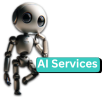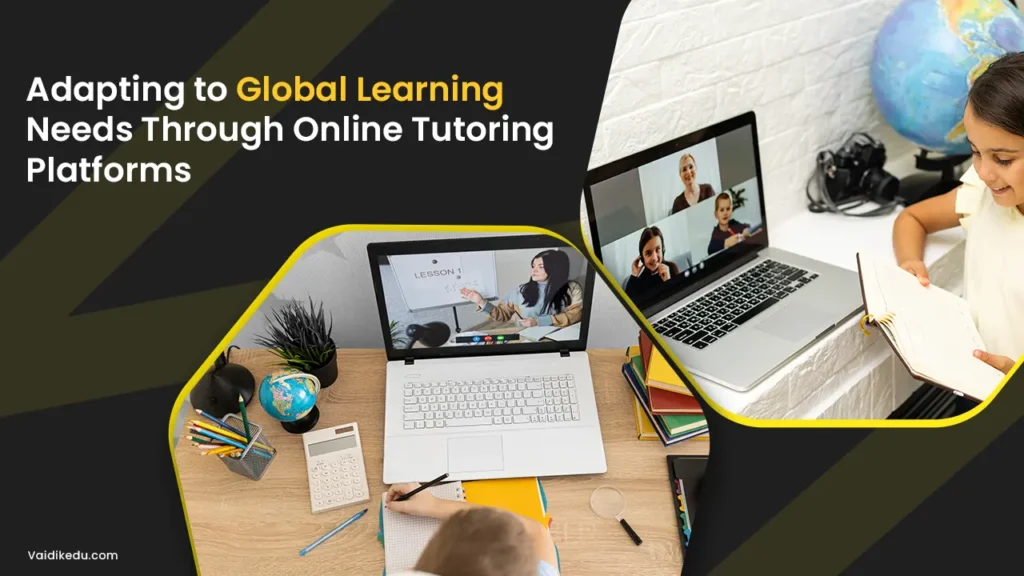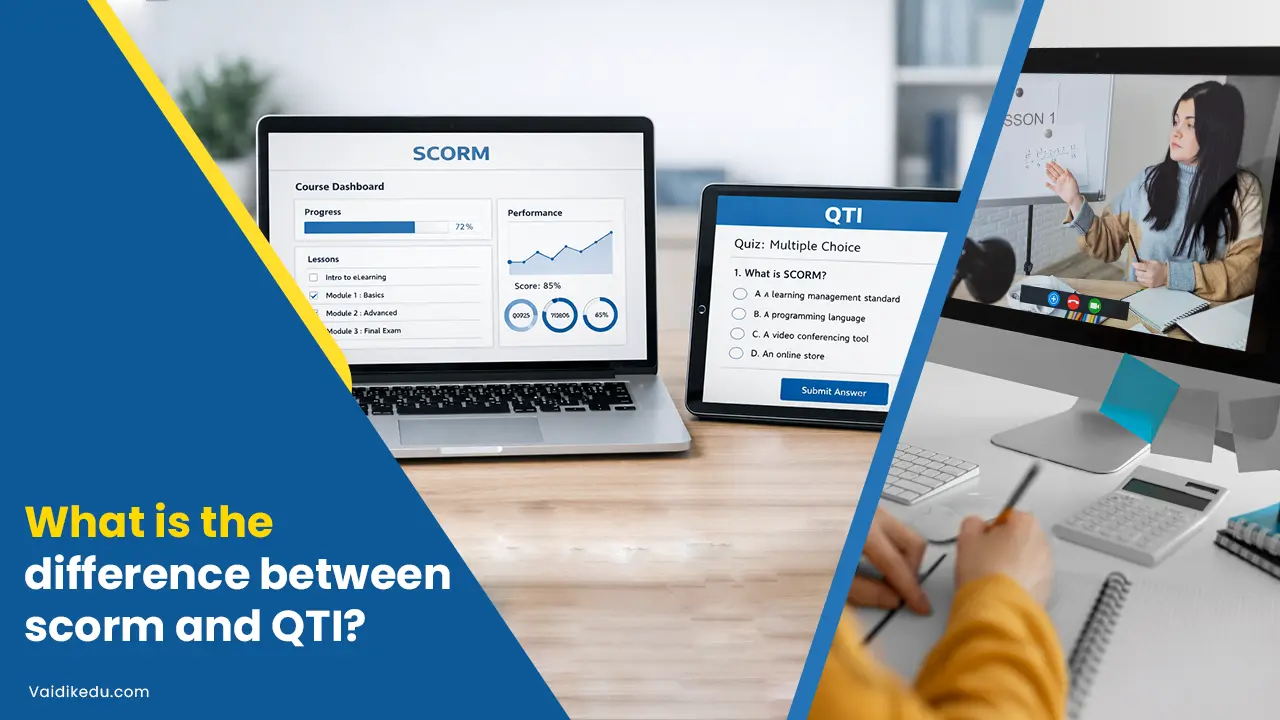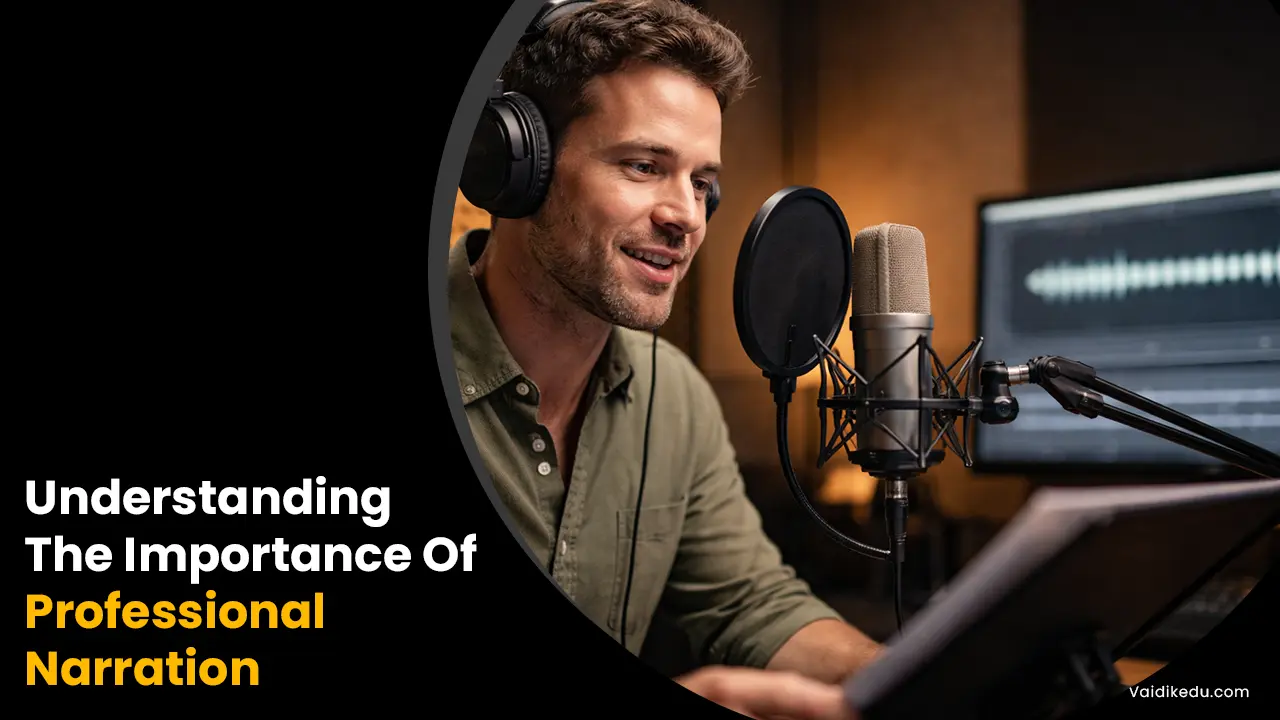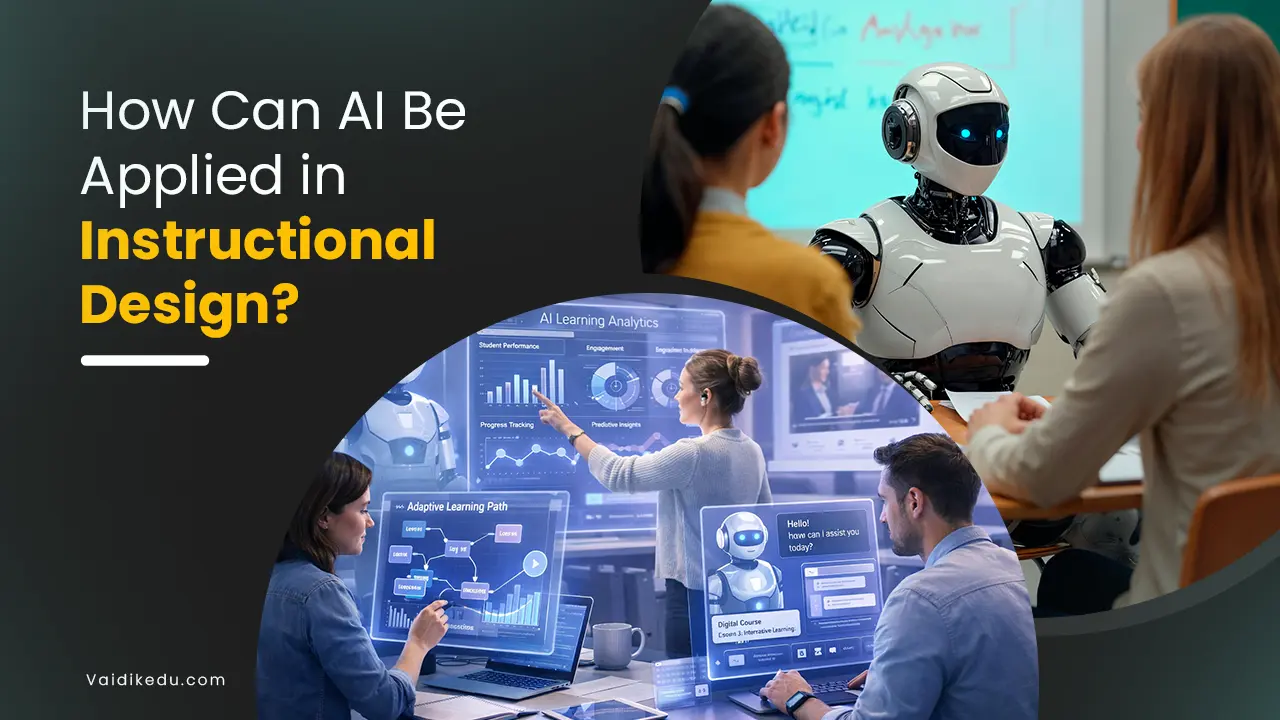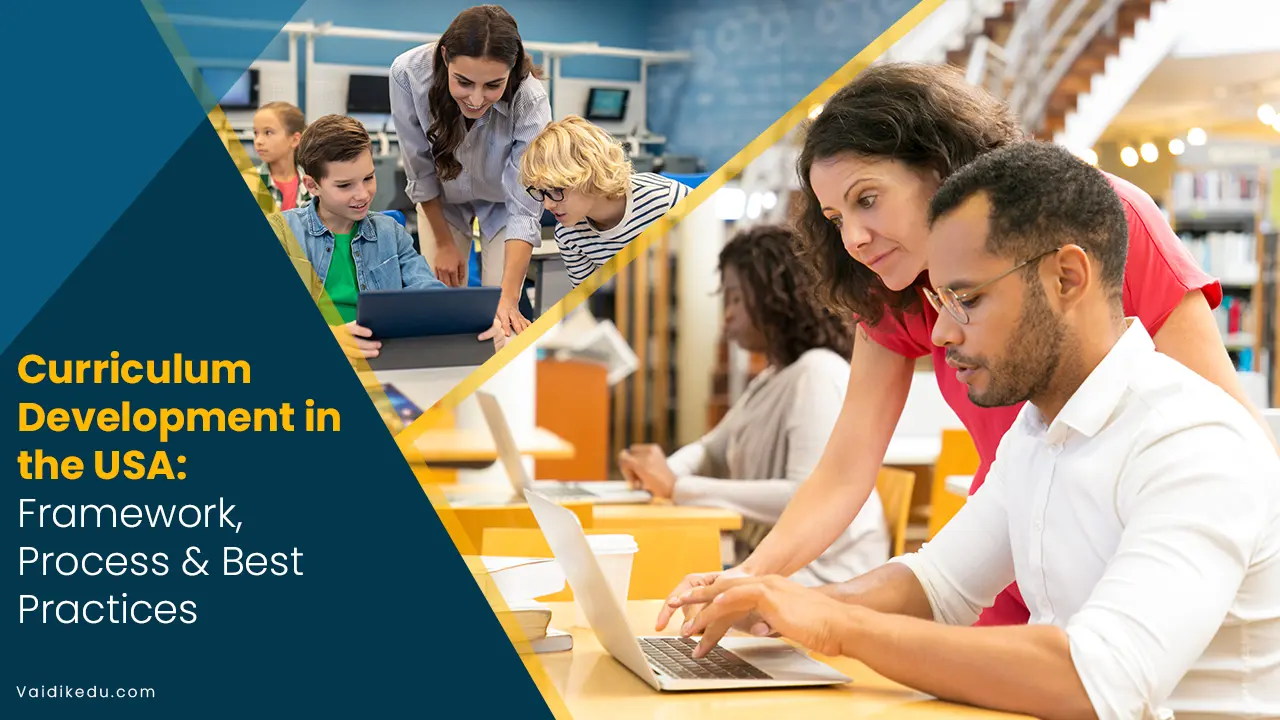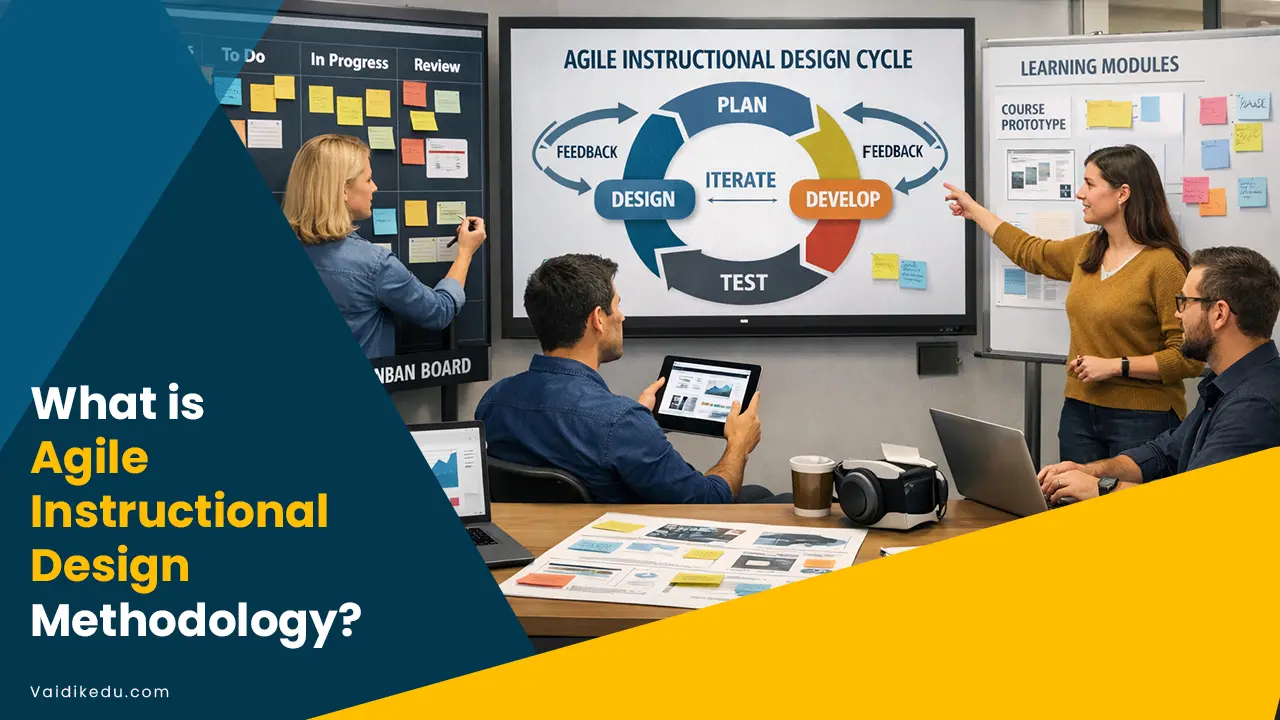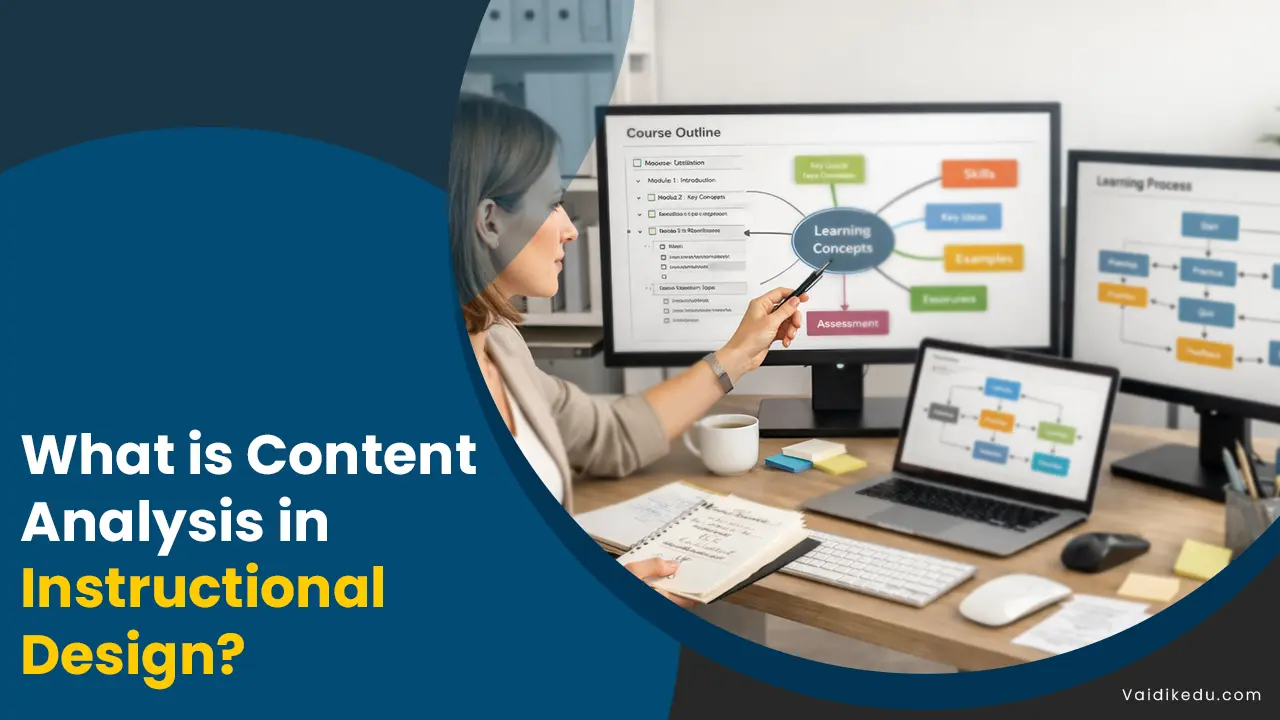Modern educational techniques are increasingly emphasizing customized learning, which is rapidly displacing the conventional “one-size-fits-all” approach to education. Personalized learning is the process of adjusting instruction to each student’s particular requirements, interests, and skills.
Online tutoring services, which provide personalized learning experiences based on each student’s unique profile, are essential in enabling this transition in the current digital era.
In contrast to conventional classroom environments, where educators must manage the learning requirements of numerous students concurrently, online tutoring makes use of technology to offer focused instruction, thorough feedback, and individualized attention that are frequently not possible in a group context.
Advances in machine learning and artificial intelligence (AI) have transformed the way individualized learning is provided, which has expedited the evolution of online tutoring.
These tools enable platforms and tutors to modify lesson plans, teaching strategies, and evaluations to accommodate each student’s unique learning style and progress. AI-powered platforms, for example, examine interaction data to determine students’ learning preferences, strengths, and shortcomings.
A personalized learning route that maintains students’ motivation and engagement while guaranteeing consistent progress toward their objectives is then developed using this data. Therefore, online tutoring redefines education by providing a flexible, student-centered strategy that maximizes results, rather than just digitally replicating traditional teaching methods.
It is impossible to overestimate the significance of online tutoring and personalized learning, especially in a world where educational disparities still exist. Due to differences in learning styles, language hurdles, or a lack of basic knowledge, many students struggle in typical classroom settings.
These gaps are filled by online tutoring, which offers a customized method that puts all students on an equal footing. Additionally, it gives students the means and self-assurance to take control of their education, cultivating the sense of independence necessary for lifelong learning.
Online tutoring has enormous potential to improve student results, but a deeper examination of its methods and technologies is necessary to comprehend how it does so.
How Online Tutoring Facilitates Personalized Learning
1. Adaptive Learning Technologies
At the heart of personalized learning in online tutoring is adaptive technology. Adaptive systems modify the content, tempo, and level of difficulty of lessons based on an algorithmic assessment of a student’s present comprehension.
For instance, the system will offer extra practice problems and resources to help students who are having trouble with a particular arithmetic idea. On the other hand, students who show proficiency are swiftly moved on to more difficult content.
This flexibility guarantees that no student is held back or left behind, fostering the best possible learning atmosphere that fosters development and self-assurance.
2. Insights Based on Data
Large volumes of data are gathered and analyzed by online tutoring platforms from student interactions, including quiz scores, task completion time, and error trends.
With the use of these insights, tutors can pinpoint areas in which a student requires more assistance and adjust their teaching methods accordingly. By removing the element of guesswork that is frequently connected with conventional teaching approaches, our data-driven approach guarantees that each session is purposeful and focused.
Additionally, parents and teachers can use these insights to track a student’s growth and make well-informed decisions on their educational path.
3. Tailored Resources And Content
The capacity to offer personalized learning resources is one of the most notable aspects of online tutoring. Online platforms provide resources that are customized to meet the needs of each student, in contrast to traditional classrooms where all students are required to work from the same textbook or curriculum.
A younger learner who struggles with reading comprehension can be led through interactive stories and vocabulary-building activities, while a student preparing for college admission exams might receive practice tests and tactics tailored to their target score. In addition to increasing engagement, this personalization guarantees that students get the help they require for success.
4. Real-Time Assistance And Feedback
Instant feedback, which is essential for successful learning, is something that online tutoring systems excel at offering. Because they receive immediate feedback and explanations for their errors, students can quickly learn from them.
In comparison, it may take days or weeks to receive feedback on assignments or tests in a typical classroom. Additionally, a large number of online tutoring services provide round-the-clock assistance, guaranteeing that students can get advice whenever they require it. For students balancing hectic schedules or those in other time zones, this accessibility is very helpful.
5. Promoting Independence And Self-Belief
Students are empowered to take charge of their education through online tutoring and personalized learning. Students gain a sense of independence that translates into increased self-confidence by establishing goals, monitoring their progress, and working at their own pace.
The targeted attention they receive helps them overcome obstacles and provide a solid foundation for future learning, further reinforcing their independence. Students’ motivation to learn increases as they accomplish tiny, gradual successes, starting a positive cycle of success.
6. Accessibility And Inclusivity
Due to their intrinsic inclusivity, online tutoring services provide chances for students who might otherwise be excluded from traditional educational environments.
By offering accessible and fair learning opportunities, online tutoring removes barriers for students with learning disabilities, non-native speakers, and those who live in remote areas. For a wide variety of learners, individualized learning is made possible by features like flexible scheduling, assistive devices, and multilingual support.
Conclusion
Online tutoring is enabling personalized learning, which is changing the face of education by prioritizing each student’s unique needs. Online tutoring solutions provide a personalized learning experience that is as distinct as every student using adaptive technologies, data-driven insights, personalized content, and real-time feedback.
In addition to raising academic achievement, individualized learning fosters vital abilities like perseverance, self-motivation, and problem-solving, setting students up for success in the classroom and in life. Online tutoring will become an essential tool in contemporary education as technology advances and its potential to improve student outcomes only increases.
Frequently Asked Questions
learners of all ages, from small toddlers to adults, are served by online tutoring systems. They provide a vast array of resources and activities tailored to the unique requirements of every age group and subject area.
Online tutors use interactive tools, tests, and direct conversation to give immediate feedback. Students are able to comprehend their errors and promptly improve their performance thanks to this instant feedback.
A lot of online tutoring services are made to be inclusive, providing features like multilingual support, assistive technology, and other tools to help students with special needs or disabilities.
Online tutoring services give parents access to comprehensive information and analytics. These reports give parents information about their child’s performance, growth, and areas that need more focus.

